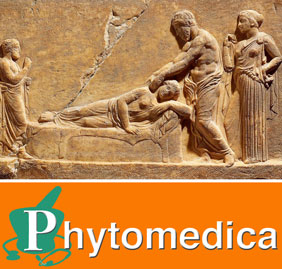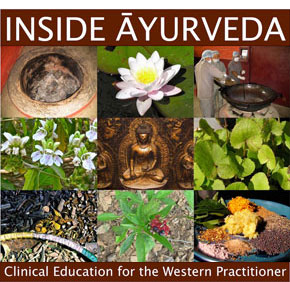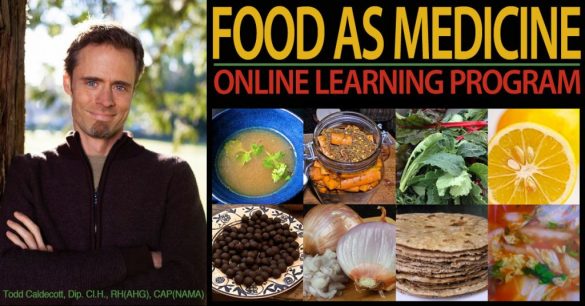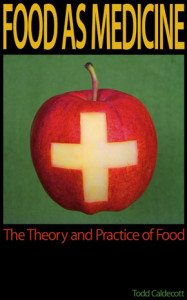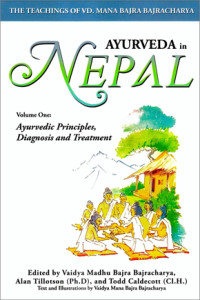Here is an infographic showing how human brain size has shrunk over these last 10,000 years - exactly the period of time during which we became increasingly subsistent upon agriculture. Source: SuperScholar.org … [Read more...]

Fall Gardening tips
Here is a video I made a few years back that I never released, but it's the perfect time for it, as the weather in the video mirrors almost exactly what we're enjoying here in the Pacific Northwest. This video features an excellent assortment of tips and suggestions by one of my old teachers, master gardener, and herbalist, Elaine Stevens. Enjoy! … [Read more...]

Let them eat salt!
If you have been keeping abreast of the news lately, you might have come across a news story that highlighted a recent study published in the New England Journal of Medicine (NEJM), which found that salt consumption wasn’t associated with an increase in systolic blood pressure in either men or women, after controlling for factors like age (1). Given that health authorities have been saying for years that salt increases the risk of hypertension, these recent findings are another wrench in works for low-salt proponents. This is not to say that very high salt consumption is safe. There is good evidence that reducing salt intake from 9-12 g per day, in large part from eating junk food and prepackaged foods, to less than 7 g per day, does promote a significant fall in systolic blood pressure (2). The problem is getting a handle on what exactly this means, particularly when these same changes seem to have no effect on lipid levels, and the risk of dying from cardiovascular disease is at … [Read more...]
Q&A: How to change health care?
How would you change health care? This is a big question, and could easily form the subject of several books. But since I don't have the time to do this, I am only going to highlight a couple points and keep the discussion brief, and welcome input from others. The first issue when it comes to health is one of personal responsibility. None of us are born with an instruction manual, and so it is very important to provide people with a model of health and personal health care that is easy to understand and practice, including both diet and lifestyle. I believe that medical science is too complex a model - too liable to shift and change opinions - to be a sustainable model for health care. You should not need to go to school and become a doctor to understand how your body works. Thus, the first task I believe is to provide people with a simple model that accurately represents effective health practices that work. Fortunately we have many examples of traditional health care models … [Read more...]
Q&A: How to get omega 3-6-9s?
What oils are best to get our omega 369s? Before I answer your question directly, let's do a little review. When we talk about dietary fats, most of the time we are referring to triglycerides, which are three fatty acids attached to a glycerol backbone. Sometimes the fatty acids are all the same type, but most often there is some natural variation. Fatty acids are made up of carbon chains bonded to together, and due to the unique properties of carbon, leaves a space on the sides of the carbon atoms to accept hydrogen atoms on either side of the chain. A fatty acid carbon chain with all the side spots filled with hydrogen is a saturated fatty acid, whereas if one spot is empty, the fatty acid is unsaturated. If there is only one spot available, then the fatty acid is a monounsaturated fatty acid, and if there is more than one spot open it becomes a polyunsaturated fatty acid. Where there is no hydrogen bond to the a carbon, the two adjacent carbons will form a weak double bond. … [Read more...]

